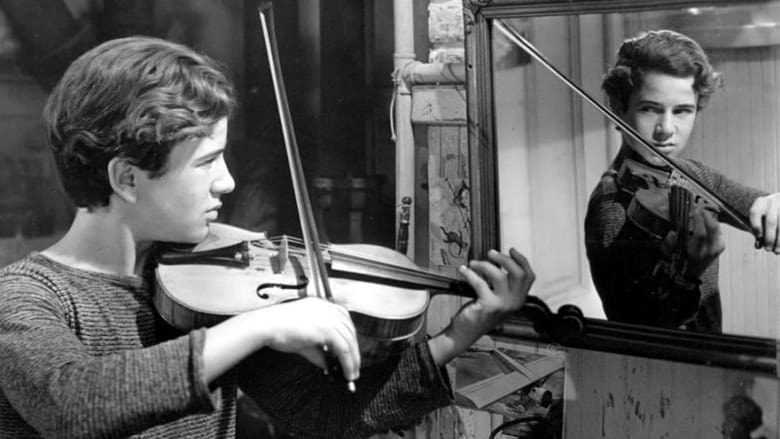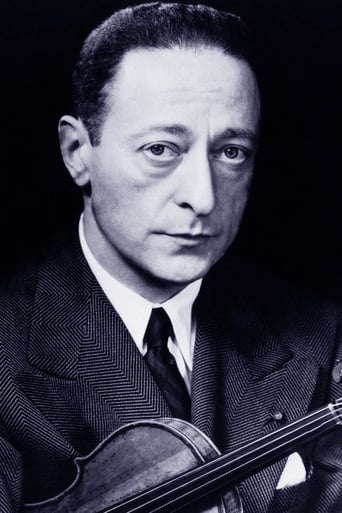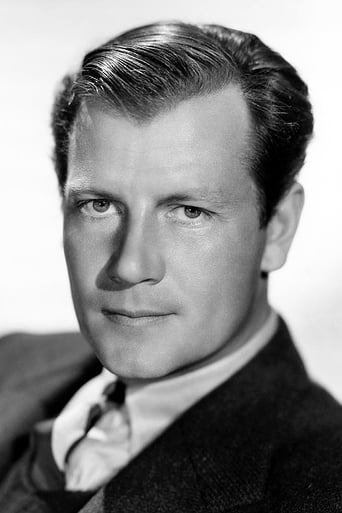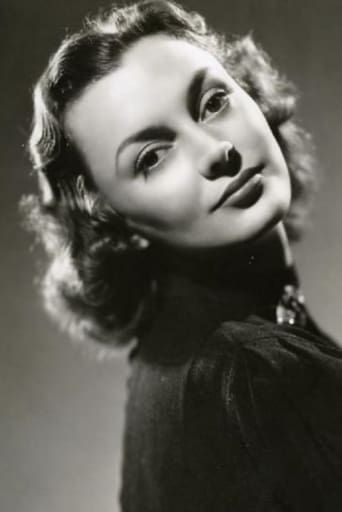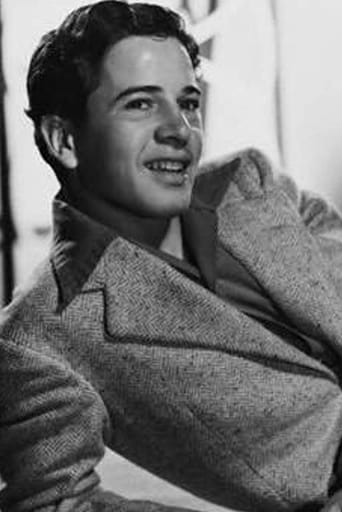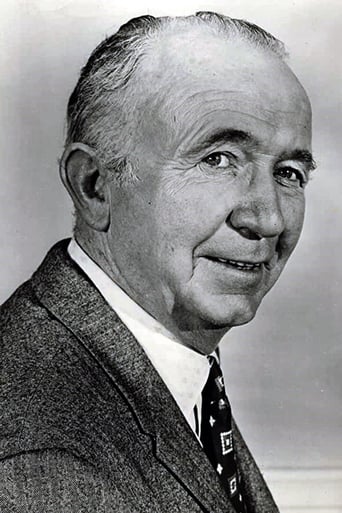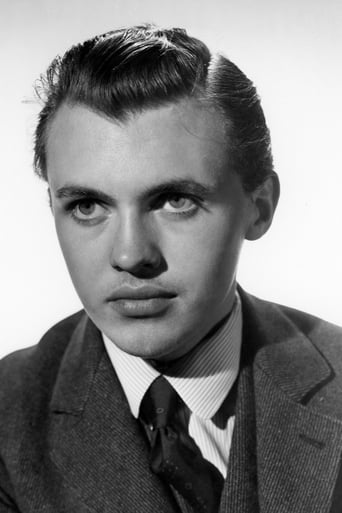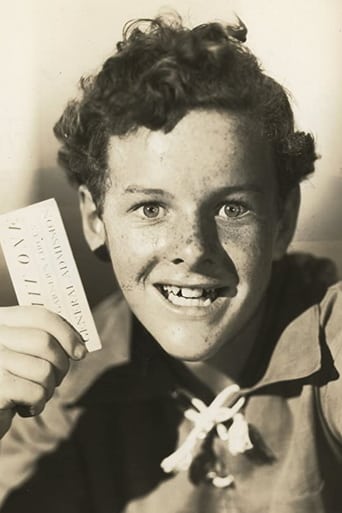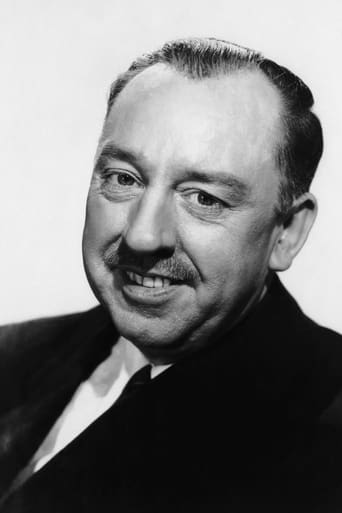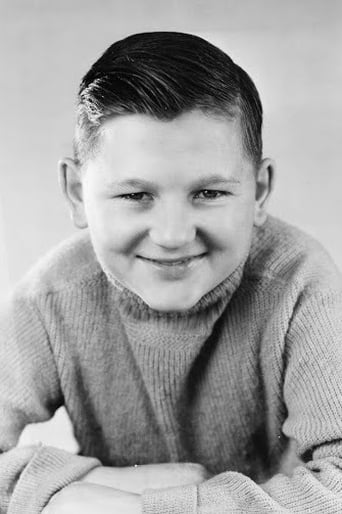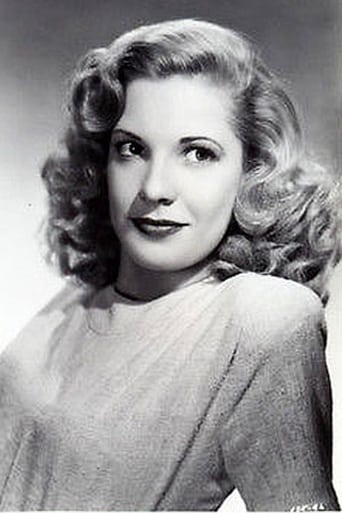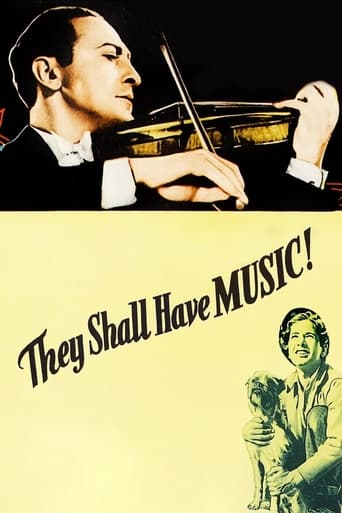
The future is bleak for a troubled boy from a broken home in the slums. He runs away when his step father breaks his violin, ending up sleeping in the basement of a music school for poor children.
Similar titles
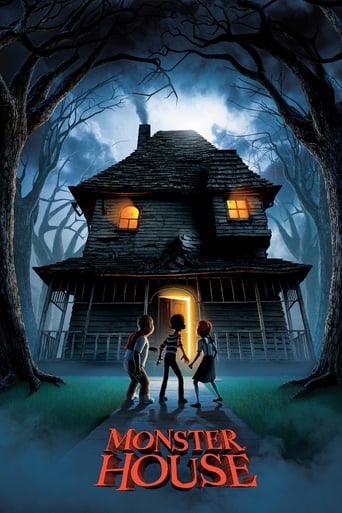


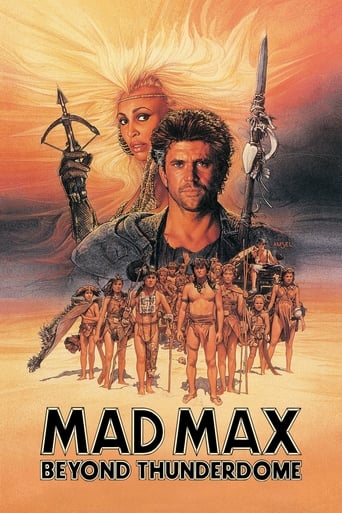
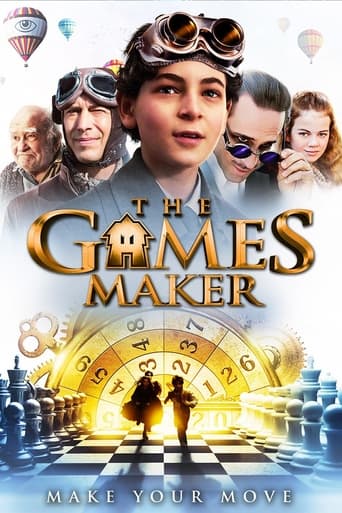
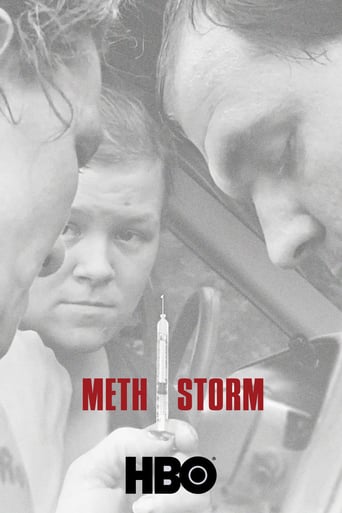
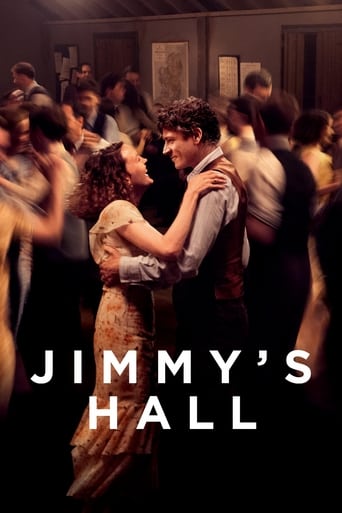
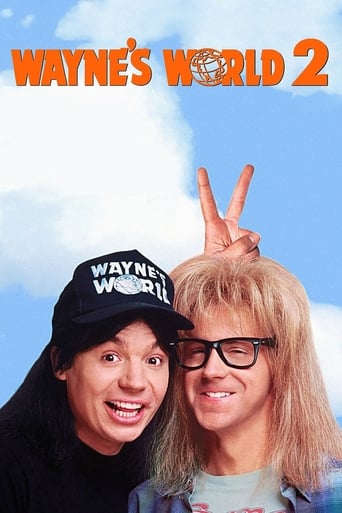
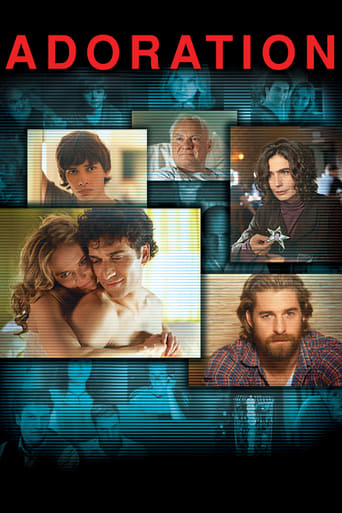
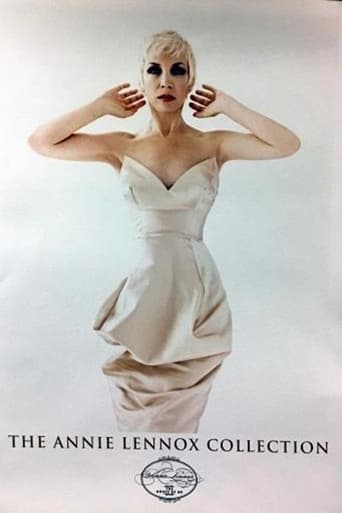
Reviews
Excellent but underrated film
A film with more than the usual spoiler issues. Talking about it in any detail feels akin to handing you a gift-wrapped present and saying, "I hope you like it -- It's a thriller about a diabolical secret experiment."
It's the kind of movie you'll want to see a second time with someone who hasn't seen it yet, to remember what it was like to watch it for the first time.
what a terribly boring film. I'm sorry but this is absolutely not deserving of best picture and will be forgotten quickly. Entertaining and engaging cinema? No. Nothing performances with flat faces and mistaking silence for subtlety.
This is a remarkable and wonderful film. In 1939, the classical violinist Jascha Heifetz (generally regarded by common consent in the classical music world as the greatest violinist of the 20th century, which is certainly my view) was actually a popular icon in America. So far have cultural standards declined that such a thing would be impossible to imagine today, in a world contaminated by Madonnas and Kylies and other such low life characters who prance around showing off their tits and bottoms and think of themselves as 'musicians'. And so Samuel Goldwyn decided to make a whole feature film around Heifetz, admirably directed by Archie Mayo. The story is first rate, and Heifetz is portrayed as a stratospheric and inaccessible concert star who happens to run into a poor kid in New York, through a series of amusing circumstances, and thereby becomes involved with the fate of a music school for disadvantaged urban children. The school is continually threatened with closure through lack of funds, but no one dares tell the idealistic head of the school, played by the endearing Walter Brennan, that there are drastic debts owing and angry creditors at the door. In one hair-raising scene, a ruthless music instrument supplier has removal men seize all the instruments from the children of the school's orchestra when they are in the middle of a concert. Joel McCrea is very good as the cheerful beau of Brennan's daughter, sympathetically played by Andrea Leeds, who cheerfully loses his job in order to help support the school and the cause of encouraging poor children to learn music. The star of the film is Gene Reynolds, who plays the poor boy Frankie at the centre of the story who enters the school because he has perfect pitch (or 'a good ear', as Brennan modestly puts it). Reynolds is admirably supported by one of the finest canine actors of the period, a little dog called Zero, who plays the character Sucker, a dog who is Frankie's inseparable companion. Child actor Terry Kilburn is also extremely good as Frankie's younger friend Limey, so named because he is British and sounds it. He is such a cheerful little chap. This film was entitled RAGGED ANGELS in a re-release at a later date in America, but in Britain was called MELODY OF YOUTH. Jascha Heifetz plays numerous extended virtuoso pieces in this film, such as RONDO CAPRICCIOSO by Camille Saint-Saens. No trouble is spared to film him from every angle, with plenteous close-ups of his fingers, his bowing technique, and views of him of every description. He also speaks and briefly 'acts' in a few scenes. From the point of view of the history of music and the violin, this film is a 'must-see' because of the extensive coverage given to Heifetz, around whom the whole film revolves. It was the first time he had appeared in a film. As all who have ever seen archive film of him playing know, Heifetz showed absolutely no emotion when he played, but while remaining as formal as a Greek statue, he could wring more emotion out of his violin than anyone since Paganini, and more than anyone since. He was simply the greatest. And what a treasure this film is, to contain such an early record of his performing. As for the film itself, it is charming and delightful, and most entertaining. It is most emphatically not just a story strung carelessly together to provide an excuse for getting Heifetz on screen. In fact, it is a pity that young people interested in music today cannot all be shown this film in school. I would recommend most strongly to any parents with a child serious about classical music that they show this film to the child. It also carries an important message about the power of music to uplift those who are in unfortunate circumstances and in great poverty. The scene where the mothers of the children block the entrance to the school to stop the men coming in to seize the instruments is touching testimony to how hard times produce backbone and determination. The social lesson is the need to spread classical music more widely through all levels of society. After all, it is such a civilising influence, and there are not many civilising influences left, are there? Isn't it better to be taught to play an instrument and to take part in a student orchestra than to sit at home playing computer games in which you kill people until you are so brutalised that you then pick up a gun from your father's gun cabinet yourself and carry out one of those school massacres? All of those student atrocities I blame on the parents, by the way, since the kids who carry them out are always the spoilt brats of spineless affluent upper middle class families, whose parents should be locked up as incompetents and enablers of their psychopathic offspring. Anyone in search of a bit of sanity in a world full of bad parents and vicious spoilt kids should watch this film, to remember that there was an innocent time when the worst entertainment to which children used to be exposed was likely to be the insipid charms of cowboy heroes like Gene Autrey and Roy Rogers, or perhaps a highly unconvincing monster from outer space invading the earth. Today all the monsters are here already, and do not need to be imported from other worlds. The 'other world' of today is the world of yesterday.
"And They Shall Have Music" (1939) Peter McCarthy (Joel McCrea), a music instrument salesman, is in love with Ann Lawson (Andrea Leeds). Ann is part owner of the Lawson Music School for gifted poor children. She's the daughter of head music professor, Prof. Lawson (Walter Brennan). The Professor doesn't realize the school is deeply in debt. Peter's boss is trying to close it down. The man wants his money or the instruments. Peter gets fired for intervening.Then comes Frankie Smith (Gene Reynolds), a hard line delinquent and gifted student who wants nothing more than to play the violin. His late father taught him. His step-father interferes all he can. Frankie's mother (Marjorie Main) wants him to remember his father and the lessons he taught.Frankie finds that he fits in at the school. He finally has friends who won't land him in jail. He is very much a part of the school.Then Frankie overhears a conversation that indicates the school is in financial trouble. He wants to help keep it open. The school orchestra puts on a outdoor street concert where they meet Jascha Heifetz the Great Violinist. These circumstances cause him to try to contact Heifetz to put on a concert to help the Lawson's and their school.Things get pretty messed up. Frankie, with the "help" of well-meaning friends, gets into deep trouble, is injured in a police foot chase and arrested. Does the Great Heifetz come to the rescue? Maybe and maybe not...get a hold of the movie. It has a pleasant plot with a good cast. A definite family film. Give it a try if it comes to your house.
For many years, Samuel Goldwin tried to bring his friend Jascha Heifetz to the screen. One evening when Goldwyn and his wife Frances were having dinner with Heifetz and his wife, silent screen star Florence Vidor, Goldwyn proposed that Heifetz star in a movie. After some persuasion, Heifetz agreed, on the condition that his acting be kept to a minimum. And the movie, originally titled "Music School" was born.The story itself is rather stock: A streetwise boy (Gene Reynolds, who is best known as the producer of "M*A*S*H"), runs away from home and ends up at a financially troubled music school run by Professor Lawson (Walter Brennan). While attempting to raise funds for the school, the boy and some other kids happen across Heifetz at Carnegie Hall. After much ado, Heifetz ends up appearing at the school concert and sponsoring the school. The story, while predictable,is surprisingly well written, although the film contains several minor gaffes where different scenes were patched together, the most obvious being the young cellist who is sent out of the orchestra room on an errand and is seen sitting in the orchestra a few seconds later.What is not surprising is how good the acting is. As was customary for studios then, the studio surrounded the inexperienced star with veteran talent: Brennan, Joel McCrea, Andrea Leeds, Porter Hall, Marjorie Main (later of Ma and Pa Kettle fame), Arthur Hohl, Paul Harvey, and a Who's Who of character actors. Actress Diana Lynn and singer/actress Kaye Connor made their (uncredited) debuts in this film, as did longtime Nelson Eddy singing partner Gale Sherwood (as Jacqueline Nash). Child veteran actors Reynolds, Walter Tetley and Terry Kilburn also appear.Goldwyn hired the Peter Meremblum Symphony, a highly regarded youth orchestra from the Los Angeles Area, to appear in the film. Most of the kids in the orchestra weren't actors, but they were excellent musicians, as good as professionals (which many of them later became). Many of the kids in the orchestra went on to noteworthy careers: Kaye Connor and Diana Lynn both starred in the theater and movies, Richard Berres was a producer and director, Mitchell Lurie founded a well-known music supply company, Elliott Rapaport went on to be a prominent cardiologist, Lewis Elias was a band leader, Thomas Facey a conductor with different symphonies, Channing Robbins a prominent instructor at the Julliard School, his sister Joyce Robbins an instructor witn SUNY Stonybrook, and many of the kids in the orchestra pursued musical careers with major symphony orchestras.While Heifetz's acting was kept to a minimum, his salary wasn't. He commanded $70,000 for seven weeks. When some scenes had to be re-shot at a later date, he got an additional $50,000 for another four weeks. What thankfully wasn't kept to a minimum was his musical output. Composer Alfred Neumann (who was once a Meremblum Orchestra conductor) handled the scoring. Heifetz performs the "Introductionne and Rondo Capriccioso" by Camille Saint-Saens, his own arrangement of Manuel Ponce's "Estrellita" (with an off-screen Teddy Saidenberg accompanying), Dinicu's devilishly difficult "Hora Staccato" (from a Vitaphone recording, with Emanuel Bay at the piano), an excerpt from Tchaikovsky's "Melody", an excerpt arranged for violin solo from Tchaikovsky's well-known "Adante Cantabile" from his opus 11 string quartet (played during the opening credits at the beginning of the movie), and the final movement from Felix Mendelssohn-Barthody's E Minor Violin Concerto. During all of these performances, there are many closeups of Heifetz's performing, including some very close shots of his fingering and bowing, something that would be of value to violinists desiring to study his technique.The Meremblum orchestra also shines here, performing the arias "Caro Nome" by Verdi and "Casta Diva" by Bellini, (both with Sherwood singing ), an arrangement of the overture from Rossini's "Barber of Seville", a short excerpt from Mozart's "Eine Kleine Nachtmusik", and the previously-mentioned Mendelssohn concerto (with Heifetz). Diana Lynn can be heard in the background of one scene, performing part of Chopin's Nocturne in B-flat Minor, and a five year old Mary Ruth performs Chopin's popular "Minute" Waltz.All in all, this is an excellent movie. AMC showed this regularly up until early 1992. I haven't seen it on television in recent years, but copies of it are not difficult to obtain. If you have the chance, I highly recommend that you view the movie.
A bright youngster interested in "serious" music (admittedly a vanishing breed--who'll play the fiddle when no one can play the violin??"--could find this an interesting fiction about street kids and great musical stars. Heifitz was indeed the greatest violinist of his generation and the film gives him a rare on-screen chance to display his technique. The kids, especially Gene Reynolds, are fine and, all in all, the pic is a good example of first-rate studio family fare of the late 30's. It doesn't hit the top of the great '39 list, but it's a nice way for an intelligent family to spend a rainy afternoon with AMC or the Video Store--- good luck at Blockbuster!!!!
Top Streaming Movies











